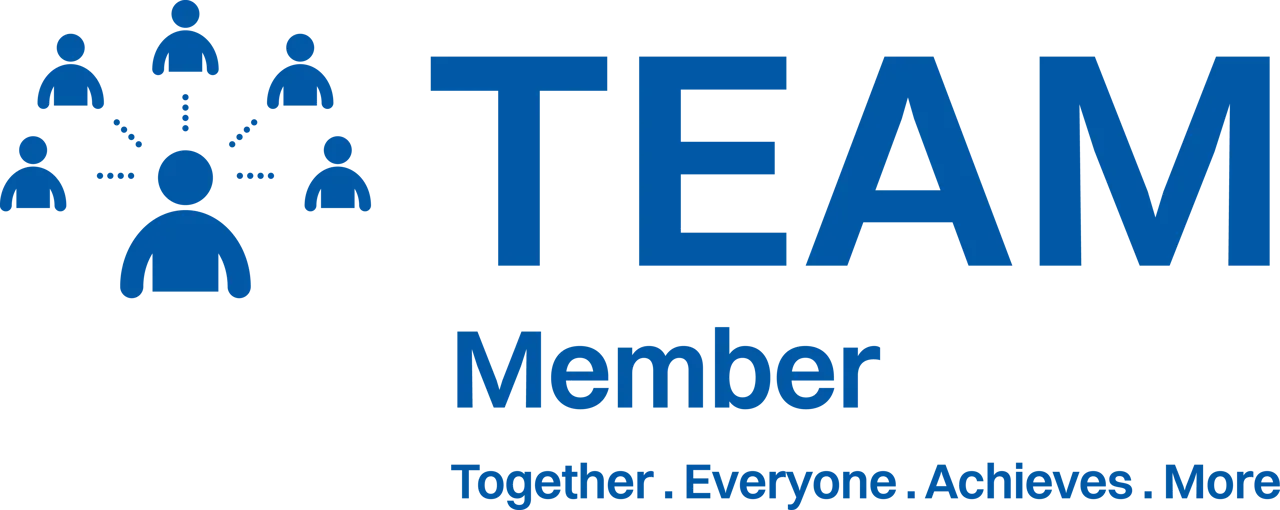
Requesting a degree when hiring: Necessary? Outdated? Discriminatory?
30 Jul, 20218 minutesIs a University Degree Necessary for the Modern Workforce?Over the past several decades, the...

Is a University Degree Necessary for the Modern Workforce?
Over the past several decades, the professional world has often emphasized the importance of hiring candidates with a bachelor's degree. It's common to come across job adverts that list a degree as an "essential" requirement, even when the job may not necessarily demand such a level of education.
Understanding the Rules for Requesting a Degree
There are rules and best practices when it comes to writing job adverts to ensure compliance with discrimination laws. While you cannot directly discriminate on grounds like gender, race, age, religion, or disability, requesting a degree might be considered a form of indirect discrimination, as it may exclude candidates who lack a degree due to various factors like health issues, financial constraints, or underprivileged backgrounds.
Given that unclear job descriptions can deter job seekers, it's crucial to be explicit about your key requirements and qualifications. You should question whether a degree is genuinely necessary for the role.
Is a Degree Absolutely Necessary?
While certain professions, like teachers and medical professionals, require specific qualifications, the necessity of a degree for other roles may be debatable. In the current job market, with skills shortages and high unemployment rates, it's worth considering whether qualifications like a degree are essential or merely nice-to-have.
Some employers are open to considering candidates without university degrees, especially in a competitive job market. If a degree isn't an absolute requirement, you can make it clear that equivalent skills or knowledge will be considered.
Keeping Up with the Times
As the job market evolves, the requirement of a university degree might be outdated. Employers may focus more on a candidate's skills, ability to learn, and capacity to deliver results rather than their educational background. Removing the degree requirement can create a more level playing field and promote diversity.
Ditching the Degree Doesn't Mean Lowering Standards
Eliminating the degree requirement doesn't equate to lowering your hiring standards. In fact, it can expand your talent pool and attract exceptional candidates who didn't follow the traditional degree path.
Quality candidates come from various backgrounds, and it's essential not to exclude them. Prominent figures like Bill Gates, Mark Zuckerberg, Steve Jobs, and Richard Branson didn't complete university degrees, yet they achieved remarkable success.
Access to a Diverse Talent Pool
By not insisting on a specific educational background, you can access candidates from underrepresented groups and promote diversity. A diverse team offers varied perspectives and skills, providing a competitive edge in today's dynamic and highly competitive workplace.
Final Thoughts
Building a diverse team, focusing on various skills, and considering candidates without degrees can give your company a competitive advantage, addressing issues like diversity, inclusion, and skills gaps while widening your talent pool.














